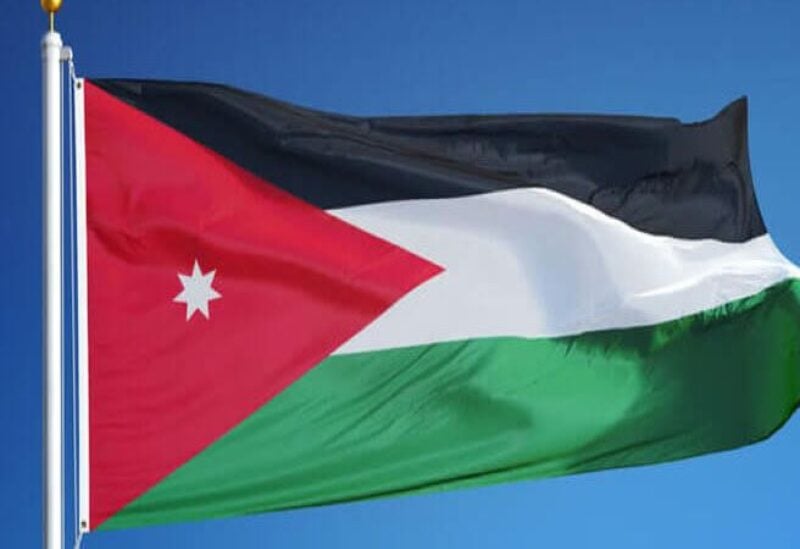
Jordanian flag
According to the International Monetary Fund, Jordan’s economic recovery program is on track, as continuous reform progress has helped the country retain macroeconomic stability under difficult conditions.
The Washington-based institution is committed to Jordan and has amended the IMF-supported program’s goals for 2022 to enable budgetary room, consolidate the nascent economic recovery, encourage investment, and preserve employment, according to a statement issued by the IMF on Tuesday.
The IMF-backed program would continue to absorb higher-than-expected pandemic spending, the fund said at the completion of its third assessment under Jordan’s extended agreement.
“Despite difficult conditions, good policies have helped sustain macroeconomic stability, and the structural reform momentum has lasted,” said Kenji Okamura, deputy managing director of the IMF. “In addition, a comprehensive immunization program helped sustain the economy’s slow reopening and usher in a fledgling recovery.”
Since the commencement of the Covid-19 epidemic, the IMF has given around $1.2 billion to Jordan, including a purchase of special drawing rights worth $407 million in May 2020 under the Rapid Financing plan. However, continuous donor help is vital to the country’s economic recovery while it hosts 1.3 million Syrian refugees.
As public debt and unemployment mount, the monarchy is attempting to reform its economy and slash state subsidies, relying on foreign aid and grants to meet its fiscal and current account demands. It also intends to increase oil output and grow its non-oil economy.
Jordan’s economy is expected to increase by 2% in 2021 and 2.7% the following year, according to the IMF, although it will encounter headwinds.
The gradual reopening of the economy in 2021, supported by an aggressive immunization campaign and supporting policies, has aided recovery. However, unemployment remains high. Because of rising international fuel costs and intermediate imports, as well as increased gross finance requirements for 2021-22, the current account deficit has grown.
The country’s current account deficit is predicted to rise to over 9.5 percent of GDP in 2021, but then fall to less than 5% in 2022.
According to Mr Okamura, new Covid versions bring “downside risks and substantial economic slack exists, presenting concerns of economic scarring.”
“A crucial objective in the short future is to consolidate the still-fragile economy, stop high unemployment, and safeguard the most vulnerable.”
Jordan’s fiscal projections for the coming year have been revised to allow for the expansion of social protection and employment retention programs, as well as priority public investment. The IMF-backed initiative continues to strive to improve public debt sustainability and strengthen fiscal buffers.
“Advancing many legislative measures to increase the revenue base and reduce tax loopholes is vital, as are ongoing efforts to improve the efficiency and openness of government finances,” Mr Okamura added.
According to the IMF, the chances for “durable and inclusive development” are dependent on ongoing success on reforms to raise employment, enhance labor market flexibility, lower the cost of doing business, and promote governance and transparency.
According to the IMF, the authorities are already planning for the implementation of the power tariff reform, which aims to reduce high business tariffs in a revenue-neutral way.
Jordan’s monetary policy is acceptable and should remain flexible and data-driven, according to the fund, which supports the country’s currency peg.
“While the financial system is strong,” Mr Okamura added, “continuous monitoring is required given that the full consequences of the epidemic may not yet be reflected in bank asset quality.”